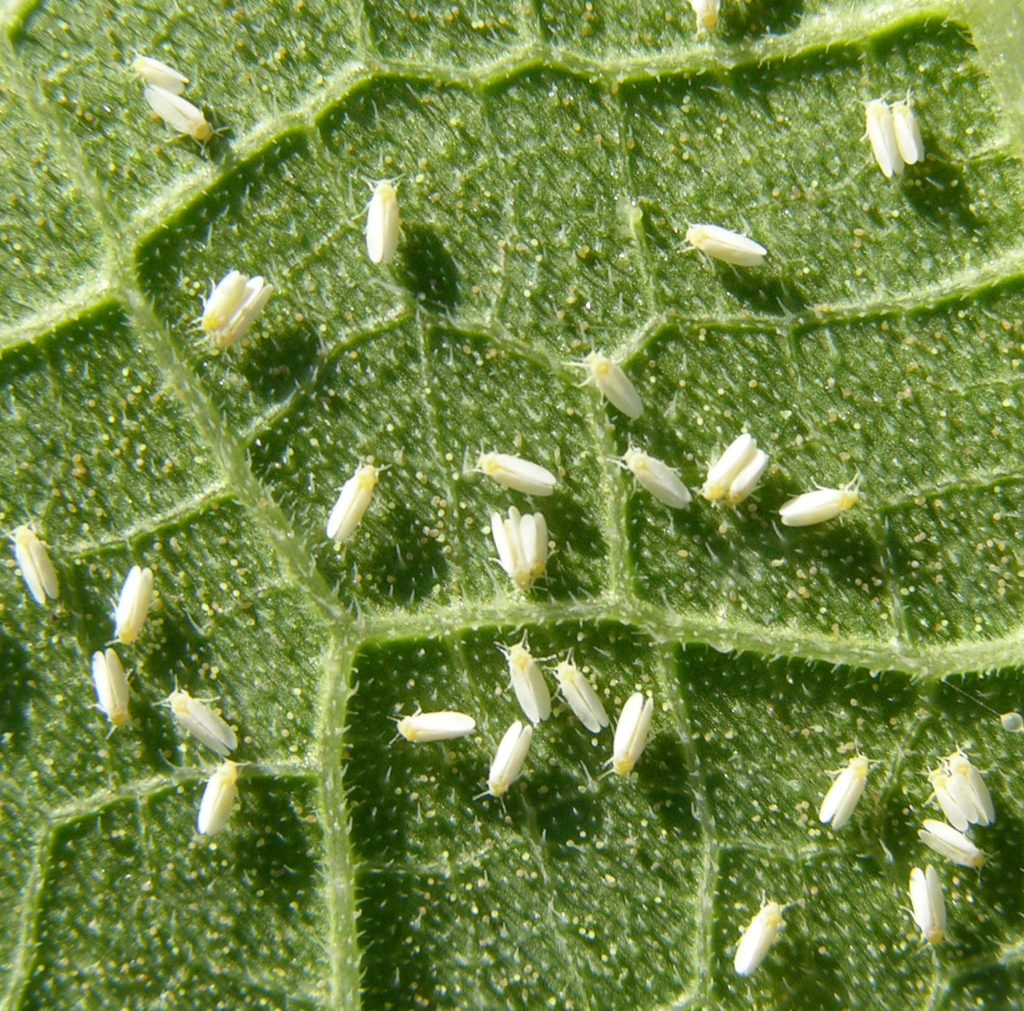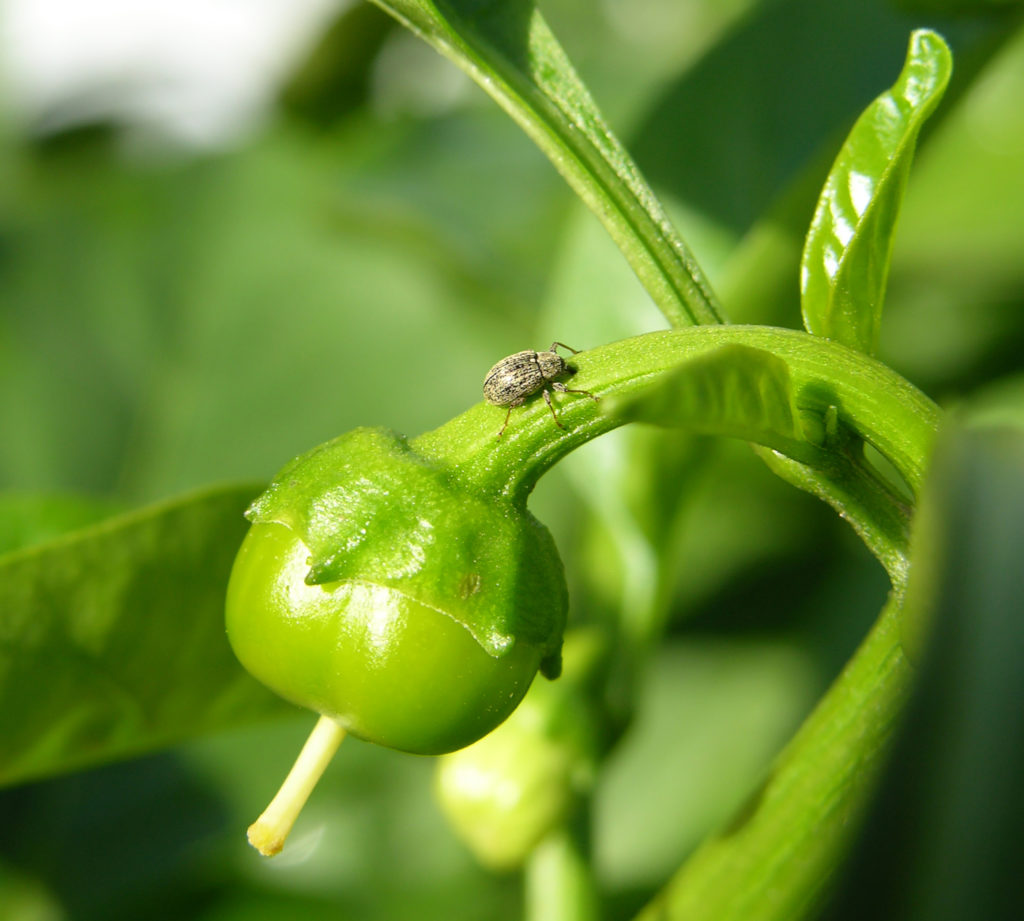By Clint Thompson
Two insect pests of specialty crops in the Southeast were knocked back but not eliminated by the Christmas freeze event.

Stormy Sparks, (UGA) Extension vegetable specialist, confirmed that pepper weevils and whiteflies are still a problem ahead of spring plantings despite multiple days of sub-freezing temperatures.
“In whiteflies we killed a lot of adults. We probably did not affect the nymph population that much. We knocked them back and knocked them down,” Sparks said. “If you go out and look at the adult populations, it’s obvious we killed them. We didn’t kill them all, but they’ll be replenished, somewhat, because the nymph population very likely survived.
“If you look at the data, particularly on pepper weevil, we were right on the line on where we should get good mortality, so it’s going to be a wait and see. We weren’t cold long enough to cause mortality, but we got cold enough for a short period of time, particularly in unprotected environments, so we should have gotten a fair amount of mortality in pepper weevil.”
The most significant impact of sub-freezing temperatures was on the host plants that pepper weevils and whiteflies feed on.

Pepper weevils infest peppers, while whiteflies attack various crops, including cotton, watermelon, cabbage, zucchini and snap beans. They overwinter on vegetable crops, like cabbage, collard greens and kale. Warm winters allow whiteflies to live on wild plants and crops that lay dormant in the field. Cold temperatures kill off host plants and help decrease population numbers.
“That’s the biggest thing probably, particularly with pepper weevil that has a very limited host range. When you kill the host plants, you’re eventually going to kill the pests that are associated with it that need that food available,” Sparks said. “With whiteflies, we didn’t eliminate everything, because whiteflies are on winter crops as well. Pepper weevil is primarily going to be on regrowth of pepper. There might be a little bit of wild hosts, but there’s not a lot.”









